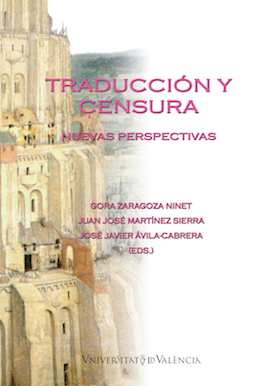Simone de Beauvoir under Franco's dictatorship: Catalan translations
DOI:
https://doi.org/10.7203/qf-elit.v20i0.7526 Abstract
Abstract
Simone de Beauvoir was translated into Catalan during Franco’s dictatorship. This article investigates the institutional censorship applied, in the second half of the 1960s, to six works by Simone de Beauvoir prior to their publication in Catalan, from the publishers’ initial applications for permits till final authorization. After a brief contextualization of the translations, the article centers on the study of the six reports of the censors. This study reveals how the Francoist dictatorship reacted to the possibility of translating into Catalan works by Simone de Beauvoir, considered by the regime to be a ‘dangerous’ writer, an atheist and feminist with communist tendencies. It also gives details of the censors involved, of their observations and, finally, of the type of intellectual penalties imposed.
Keywords: history of translation; translation into Catalan; censorship; feminism; Simone de Beauvoir.
 Downloads
Downloads
Downloads
Published
How to Cite
-
Abstract1388
-
PDF (Español)912
Issue
Section
License
 Este obra está bajo una licencia de Creative Commons Reconocimiento-NoComercial-SinObraDerivada 4.0 Internacional.
Este obra está bajo una licencia de Creative Commons Reconocimiento-NoComercial-SinObraDerivada 4.0 Internacional.
Authors who publish with this journal agree to the following terms:
- Authors retain copyright and grant the journal right of first publication with the work simultaneously licensed under a Creative Commons Attribution License that allows others to share the work with an acknowledgement of the work's authorship and initial publication in this journal.
- Authors are able to enter into separate, additional contractual arrangements for the non-exclusive distribution of the journal's published version of the work (e.g., post it to an institutional repository or publish it in a book), with an acknowledgement of its initial publication in this journal.
- Authors are permitted and encouraged to post their work online (e.g., in institutional repositories or on their website) prior to and during the submission process, as it can lead to productive exchanges, as well as earlier and greater citation of published work (See The Effect of Open Access).




